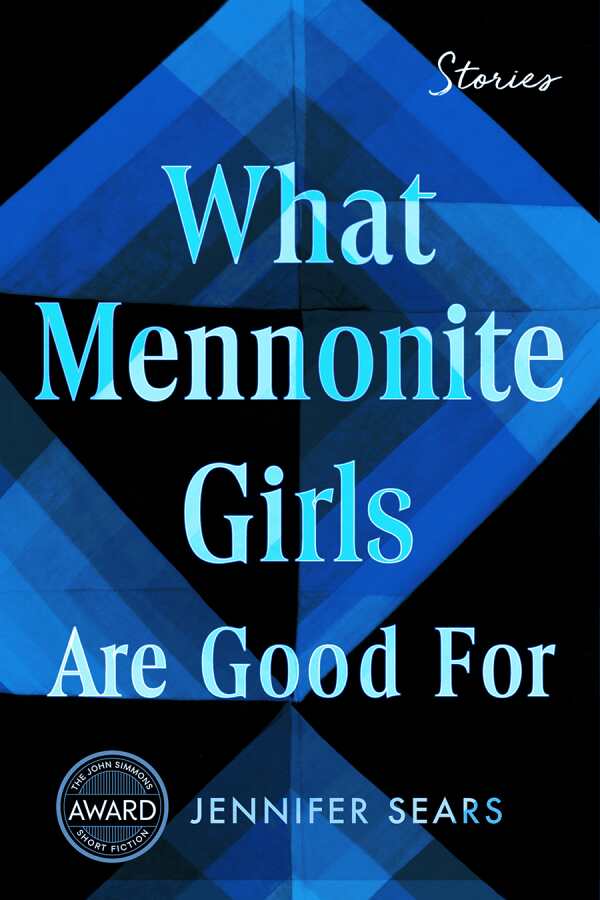What Mennonite Girls Are Good For
In the linked stories of Jennifer Sears’s uncompromising book What Mennonite Girls Are Good For, sexual abuse and mental health issues beleaguer a devout family.
The stories orbit Ruthie, who spends her 1970s-1980s upbringing in Paraguay as a Mennonite missionary’s daughter. During the family’s sabbatical summer in California, a man takes nude photographs of her. Her teenage years in the Midwest involve a pregnancy scare and hospitalization for anorexia. As an adult, she bounces between jobs and has various unhealthy relationships.
Charged with “doing God’s work,” Ruthie, as she gains distance from her childhood, struggles to find her purpose. The book’s spiritual language becomes sardonic, hinting at secrets about corporal punishment and sexual molestation among the expatriate community. “You Can Be Madonna If—” makes a mocking trinity of the pop singer, the Virgin Mary, and Ruthie on her visit to an abortion clinic, and “Prayer Song for Johnny Cash” expresses Ruthie’s futile longing to transcend her situation as a waitress at a truck stop restaurant.
At first narrated from an omniscient perspective, the stories later move toward Ruthie’s point-of-view. “Escape was all I looked for in a man back then,” she confesses. She breaks free only to be drawn into employment that would scandalize her pious parents: as a nude model, quoting scripture during the photography shoots; as the manager of a lingerie store. A solemn tone reigns. The screwball comedy of “A Slight Change in Tuesdays,” in which a stranger strips naked while cooking a meal in Ruthie’s kitchen, is a welcome break.
The compassionate stories in What Mennonite Girls Are Good For deal with the legacy of trauma and religious expectations.
Reviewed by
Rebecca Foster
Disclosure: This article is not an endorsement, but a review. The publisher of this book provided free copies of the book to have their book reviewed by a professional reviewer. No fee was paid by the publisher for this review. Foreword Reviews only recommends books that we love. Foreword Magazine, Inc. is disclosing this in accordance with the Federal Trade Commission’s 16 CFR, Part 255.

